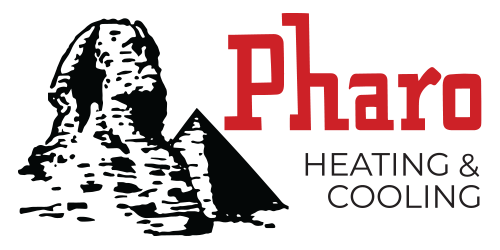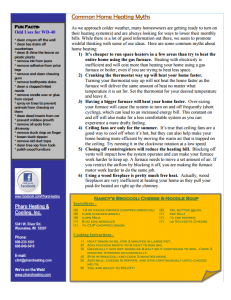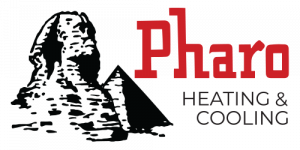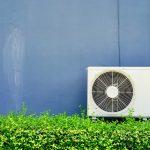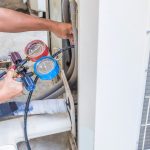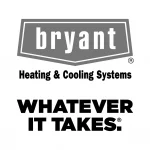Fall 2015 Newsletter Volume 7 Number 2
Going Away This Winter?
Whether you’re going on a week-long trip to escape the cold, or if you just pack up your things and move to warmer area for the winter months, there is always that slight concern of whether your house will be safe while you are gone. We’ve put together a quick guide below for some things to do to make sure that when you arrive back from your winter excursion, your home is in the same condition you left it.
1) Ask a friend or family member to help – this is a simple, and maybe self-evident, option to give you some peace of mind while you’re away, but we still wanted to include it on the list. Keep in mind if you have multiple people helping out, be sure they know about each other to prevent them from being frightened or calling the police on each other.
2) Don’t tip off criminals on the Web – in a world where everyone is posting their every move on social media, it’s important to stop and think about who is able to see it. Bad guys use these sites too.
3) Put your mail on hold – having a pile of mail overflowing out of your mailbox could easily signal criminals that your house is vacant and an easy victim.
4) Unplug– unplugging your TV’s, computers, toaster ovens, and other appliances to prevent power surges; as well as save on the utility bills, as some appliances still draw power when they are not in use.
5) Make your home look lived in – help create the illusion that the residence is still occupied by having someone stop by once in a while, keeping mail off your stoop, or invest in timers for lights.
6) Keep the heat going – just because you are gone, doesn’t mean that you can turn the heat off. Setting the heat no lower than 55⁰F will keep the furnace running safely and your pipes from freezing. If you set your gas furnace below 55⁰F, you could damage the furnace.
7) Install additional safety measures – some of the clear choices are security systems, cameras, or motion lights. However, another safety option most people don’t think about is a Wi-Fi thermostat for your heating system. A Wi-Fi thermostat allows you to access and control your temperature settings from anywhere with internet access. Some of them will also send you alerts if the temperature falls below a certain setting.
All these options can save you a lot of headaches and will allow you to enjoy your vacation in peace knowing that your home is safe while you are gone. As always, feel free to call us at Pharo Heating & Cooling if you have any questions about your heating or cooling system.
Common Home Heating Myths
As we approach colder weather, many homeowners are getting ready to turn on their heating system(s) and are always looking for ways to lower their monthly bills. While there is a lot of good information out there, we seem to promote wishful thinking with some of our ideas. Here are some common myths about home heating:
- It’s cheaper to run space heaters in a few areas than try to heat the entire home using the gas furnace. Heating with electricity is inefficient and will cost more than heating your home using a gas furnace or boiler; even if you are trying to heat less space.
- Cranking the thermostat way up will heat your home faster. Turning your thermostat way up will not heat the home faster as the furnace will deliver the same amount of heat no matter what temperature it is set for. Set the thermostat for your desired temperature and leave it.
- Having a bigger furnace will heat your home faster. Over-sizing your furnace will cause the system to turn on and off frequently (short cycling), which can lead to an increased energy bill. This constant on and off will also make for a less comfortable system as you can experience a more drafty feeling.
- Ceiling fans are only for the summer. It’s true that ceiling fans are a good way to cool off when it’s hot, but they can also help make your home heating more efficient by moving the warm air that is trapped on the ceiling. Try running it in the clockwise rotation at a low speed.
- Closing off vents/registers will reduce the heating bill. Blocking off vents will impact how the system operates and can make your furnace work harder to keep up. A furnace needs to move a set amount of air. If you restrict the airflow by blocking it off, you are making the furnace motor work harder to do the same job.
Using a wood fireplace is pretty much free heat. Actually, wood fireplaces are very inefficient at heating your home as they pull your paid-for heated air right up the chimney.
